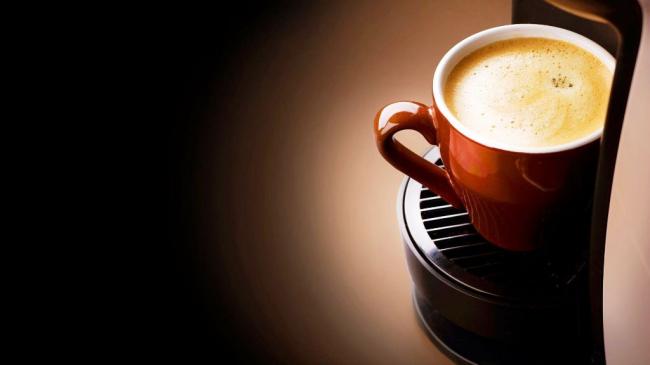
Caffeine tempers taste, triggering temptation for sweets, finds study
Caffeine is a powerful antagonist of adenosine receptors, which promote relaxation and sleepiness. Suppressing the receptors awakens people but decreases their ability to taste sweetness – which, ironically, may make them desire it more.
The research demonstrates taste modulation in the real world, said senior author Robin Dando, assistant professor of food science: “When you drink caffeinated coffee, it will change how you perceive taste – for however long that effect lasts. So if you eat food directly after drinking a caffeinated coffee or other caffeinated drinks, you will likely perceive food differently.”
Dando, along with lead authors Ezen Choo and Benjamin Picket published, “Caffeine May Reduce Perceived Sweet Taste in Humans, Supporting Evidence That Adenosine Receptors Modulate Taste,” in the Journal of Food Science.
In the blind study, one group sampled decaffeinated coffee with 200 milligrams of caffeine added in a laboratory setting, making a strong cup of coffee. The stimulant was added to make that group’s coffee consistent with real-life amounts of caffeine. The other group drank just decaffeinated coffee. Both groups had sugar added. Panelists who drank the caffeinated brew rated it as less sweet.
In a secondary part of the study, participants disclosed their level of alertness and estimated the amount of caffeine in their coffee. Further, panelists reported the same increase in alertness after drinking either the caffeinated or decaffeinated samples, all the while panelists could not predict if they had consumed the decaffeinated or the caffeinated version.
“We think there might be a placebo or a conditioning effect to the simple action of drinking coffee,” said Dando. “Think Pavlov’s dog. The act of drinking coffee – with the aroma and taste – is usually followed by alertness. So the panelists felt alert even if the caffeine was not there,” said Dando.
“What seems to be important is the action of drinking that coffee,” Dando said. “Just the action of thinking that you’ve done the things that make you feel more awake, makes you feel more awake.”
Support Our Journalism
We cannot do without you.. your contribution supports unbiased journalism
IBNS is not driven by any ism- not wokeism, not racism, not skewed secularism, not hyper right-wing or left liberal ideals, nor by any hardline religious beliefs or hyper nationalism. We want to serve you good old objective news, as they are. We do not judge or preach. We let people decide for themselves. We only try to present factual and well-sourced news.







